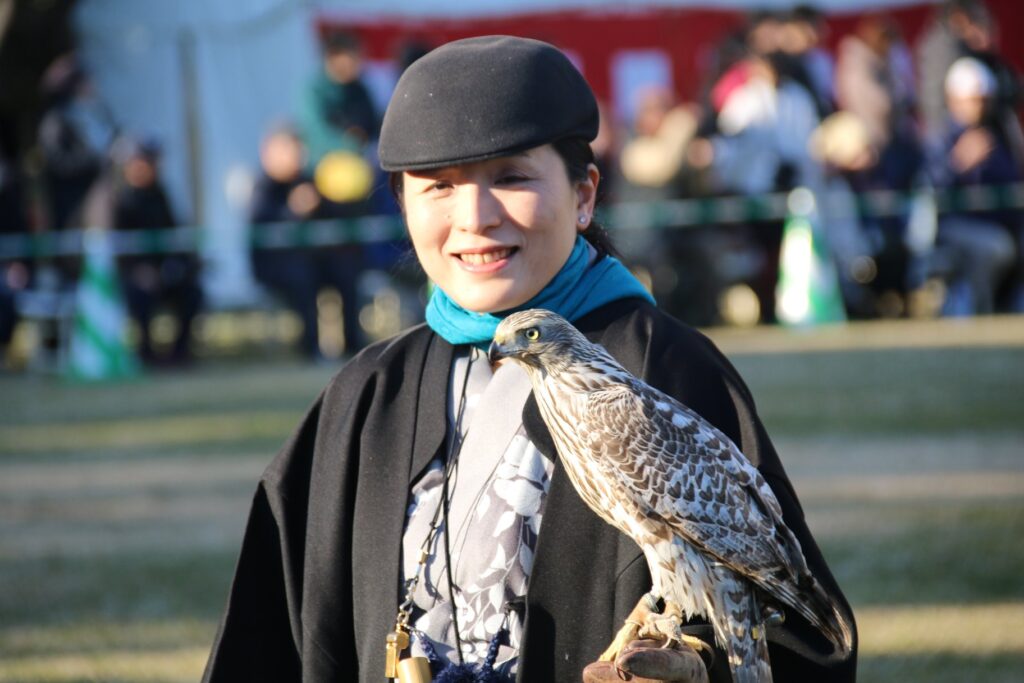
- ARAB NEWS
- 18 Jul 2025

DUBAI: Falconry is one of the most traditional co-hunting styles in Japan. Public patronage began in the fourth century; it was the exclusive preserve of nobles and feudal lords until the 19th century, flourishing in the 17th century under the family of the Tokugawa shogun.
The Suwa School is the oldest and most famous falconry school in Japan. When it was established, it sought members from a wide range of people with an interest in falconry culture without limiting it to any particular school.
Tagome hawkers believed that studying and maintaining the Suwa style of falconry through international exchanges that become more active year by year would enhance the rarity and uniqueness of Japanese traditional culture, hoping that Japanese falconry would be registered as a UNESCO Intangible Cultural Heritage. It was registered in 2010 through a joint application by 11 countries, including the UAE.
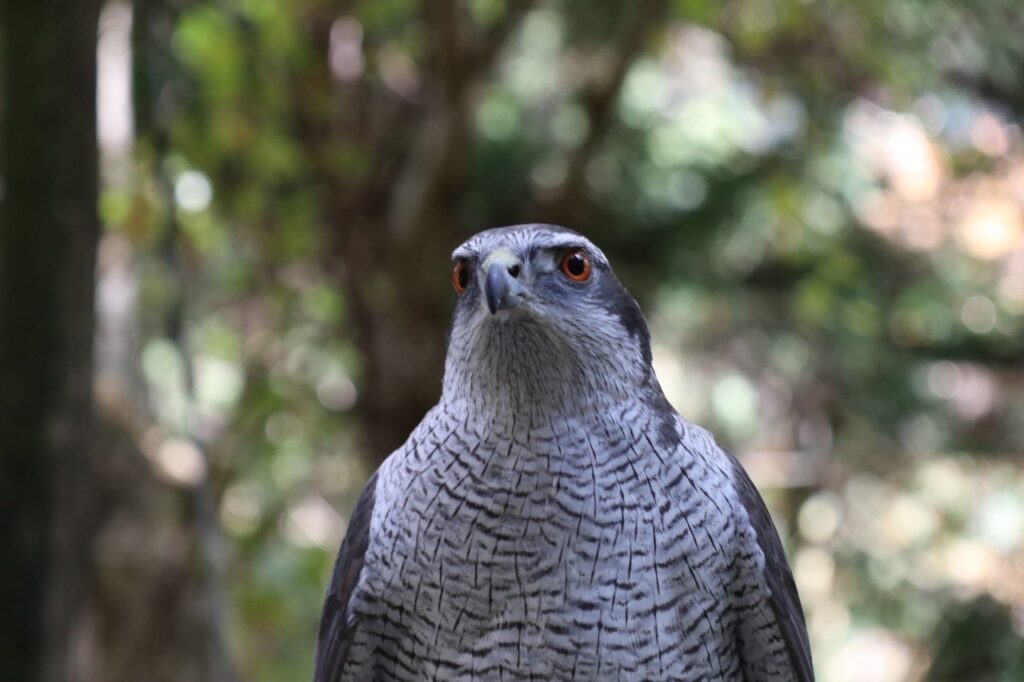
In 2015, Noriko Otsuka, a master falconer among Tagome disciples, was approved as the 18th falconer master of the Suwa School. She is currently the president of the Suwa Preservation Society.
Otsuka shared exclusively with Arab News Japan her journey with falconry, saying, “When I was a university student, I was looking for a traditional sport that people and animals play together as a topic for my graduation thesis. Fortunately, I happened to meet a famous falconer, Zenjiro Tagomori, the 17th-generation head of the Suwa School of Falconry. He was the person who showed me training at first and helped me become a great falconer. I was so impressed by the bird’s flight and hoped to understand the falcon’s and falconer’s minds. That was the beginning of life to be a falconer.”
“When I became an apprentice to my master, I wanted to be able to understand the minds of the falcons and fly them like him. Through the birds, I wanted to develop my essential senses and abilities as a human being. Now I don’t know how much progress I have made, but I’m thankful that at least the birds have taught me a lot. Currently, as a traditional falconer, I want to share my senses and knowledge while building a traditional culture that will last into the future,” she added.
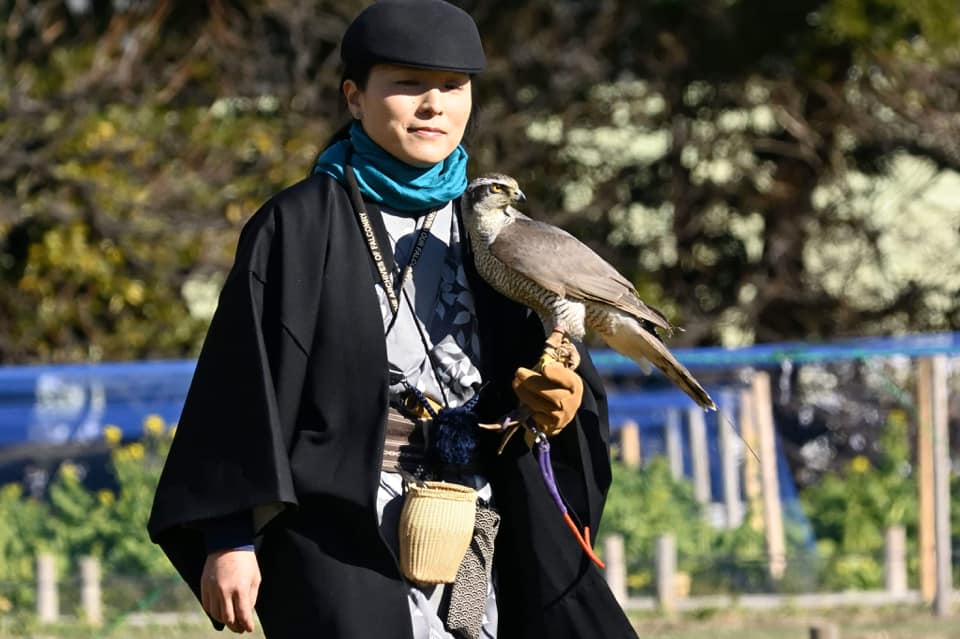
She also shared the inspirational story and history of the Suwa Falconry Preservation Society, saying, “When my mentor met his mentor, Mr. Hanami, who served Emperor Showa, he tried to share his art of falconry with as many people as possible. So, he founded the Japanese Falconers Association, hoping to bring together falconers from all over Japan.”
“When he turned 60, he decided that he wanted to spend the rest of his life passing on the most traditional way of falconry, the Suwa school that he had inherited from Mr. Hanami. Many disciples, including myself, started groups for this purpose. That was the beginning of the current society. Furthermore, I feel that it is important to spread the values rooted in Japanese culture through the Suwa School, such as through the Abu Dhabi International Hunting and Equestrian Exhibition (ADIHEX) and domestic events. I believe that people can learn about Japanese culture from falconry,” she added.
Otsuka was named Tagomori’s successor in 2015. “According to him, he said that falconers need humanity,” she said. “He told me I was good at teaching because I had the academic intellect to understand culture and the heart of a falconer who loved hunting.”
“Still, I don’t think I can surpass my great masters,” she added. “But I’m working hard to pass on the thoughts of my predecessors. Not only that, but I also want to help the young pupils build their own traditional culture. Then the future of falconry will be seen. Keeping our precious culture alive—that’s what I should do with the rest of my life.”
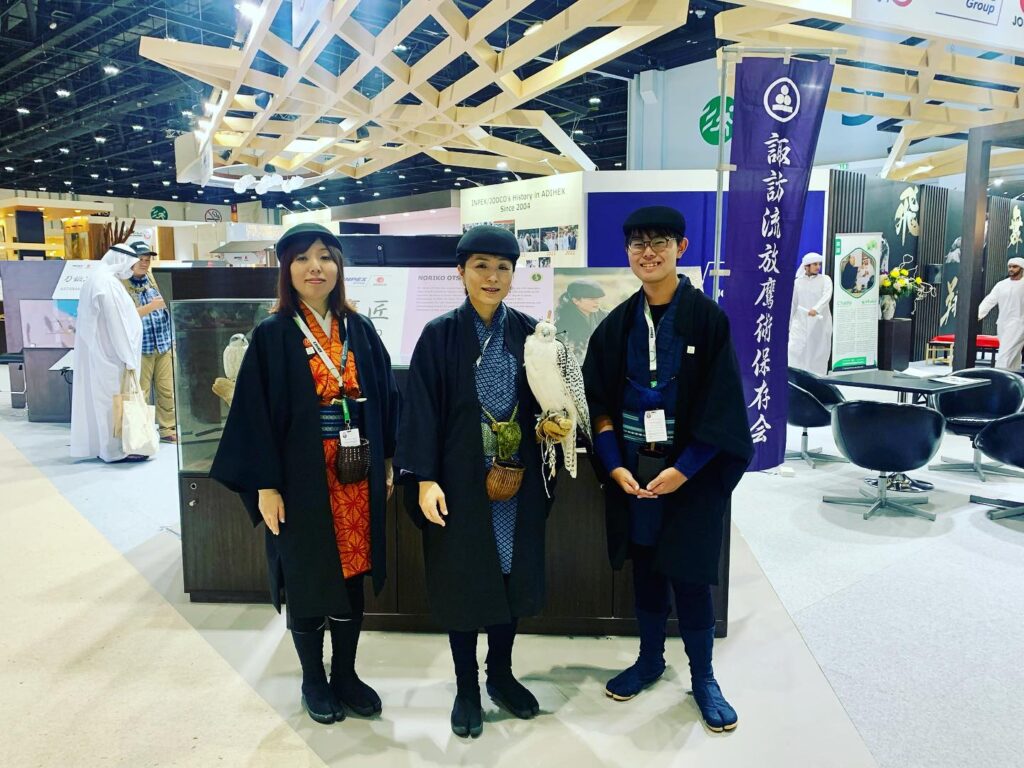
About the challenges she faced during her career, Otsuka said, “Creating sympathy abroad is always a challenge for me. I want to continue communicating the appeal of the culture both in my home country and abroad.”
About distinguishing falconry in Japan from other countries, Otsuka said, “Japan has a lot of specific words and equipment needed for training. It is used differently depending on the stage. A falconer’s movements and techniques also have many names, and the falconer can use them to determine the condition of the hawk. In hunting with hawks, falconers aspire to be called “Jinyoh-ittai.” The moment when falconer and hawk breathe in union and feel to fly as one. I think that having such a mindset is one of the characteristics of being Japanese.”
Otsuka took her first trip to the Middle East region in 2004, as she was invited by her master to ADIHEX and was accompanied by one of his pupils. That trip, she said, opened her eyes to the falconry life abroad and had a positive impact on her life. “I realized how ignorant I was about the world of falconry and became interested in what falconers could do for the world,” she said. “After the trip, I decided to become a falconer who can contribute to society.”
In 2009, Otsuka visited the Moroccan President’s haunting grounds with her master and Arab falconers. She described the trip as a beautiful memory that she will never forget. Additionally, she learned the art of Arab falconry in 2010 in Morocco.
“Thanks to many people’s cooperation, I could meet falconers abroad and experience different falconry cultures. I try to explain (meeting falconers abroad) not only to pupils but also to the public to get them interested in foreign countries. I believe that having a common culture gives us the courage to visit unknown worlds,” she added.
Otsuka participated in ADIHEX 2023 at the INPEX/JODCO booth, and she was very pleased to meet with the visitors at the event. She mentioned that a new program for falconry between the UAE and Japan will start this year.
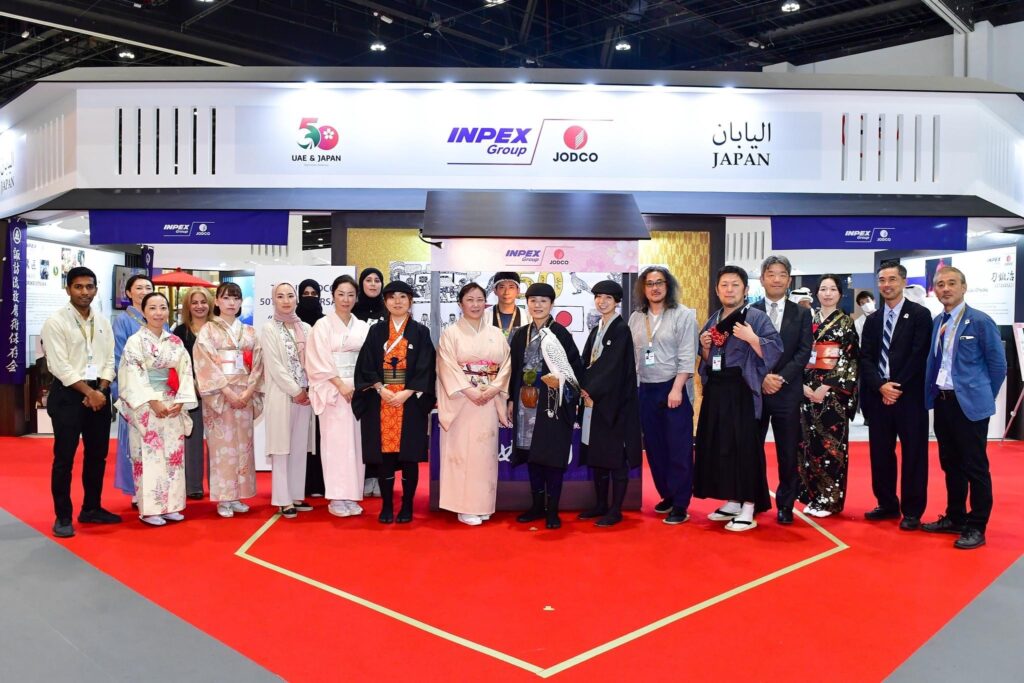
For those who want to learn falconry, Otsuka advises not only to know falcons but also the technique of the body as well as the craftsmanship behind equipment.
“I hope falconry becomes a gateway to Japanese culture, and people in the UAE will be interested in Japan more. You may notice common sensations from primitive sports,” she concluded.